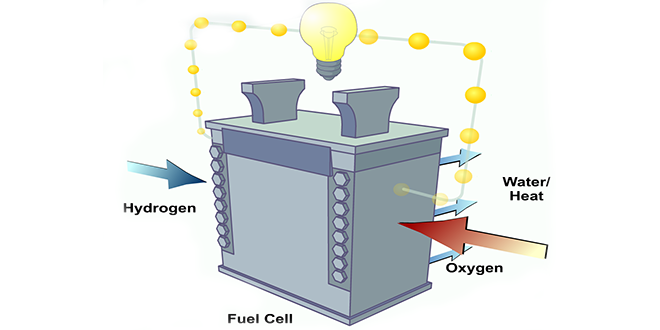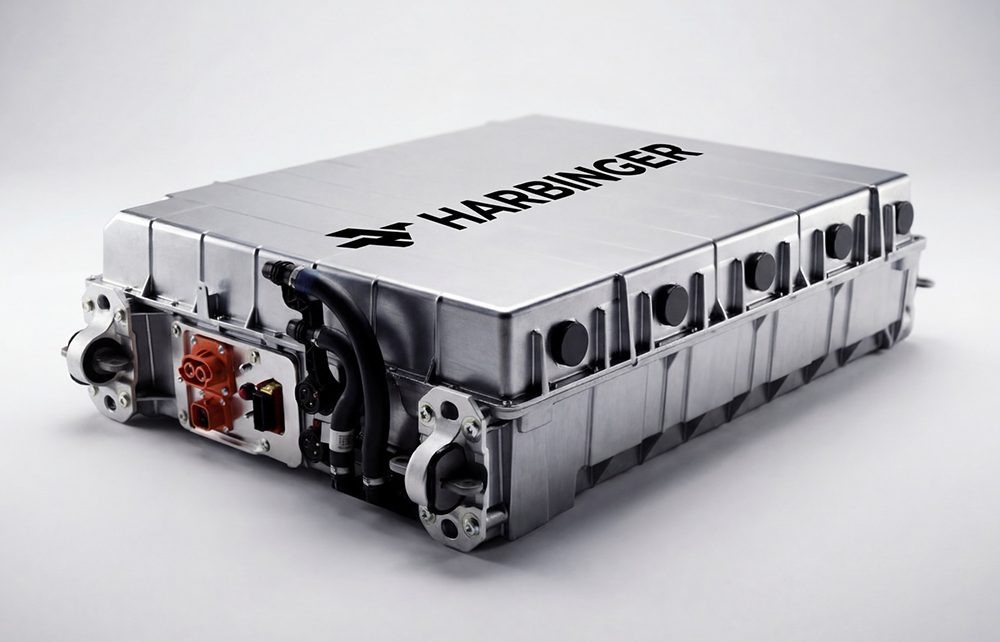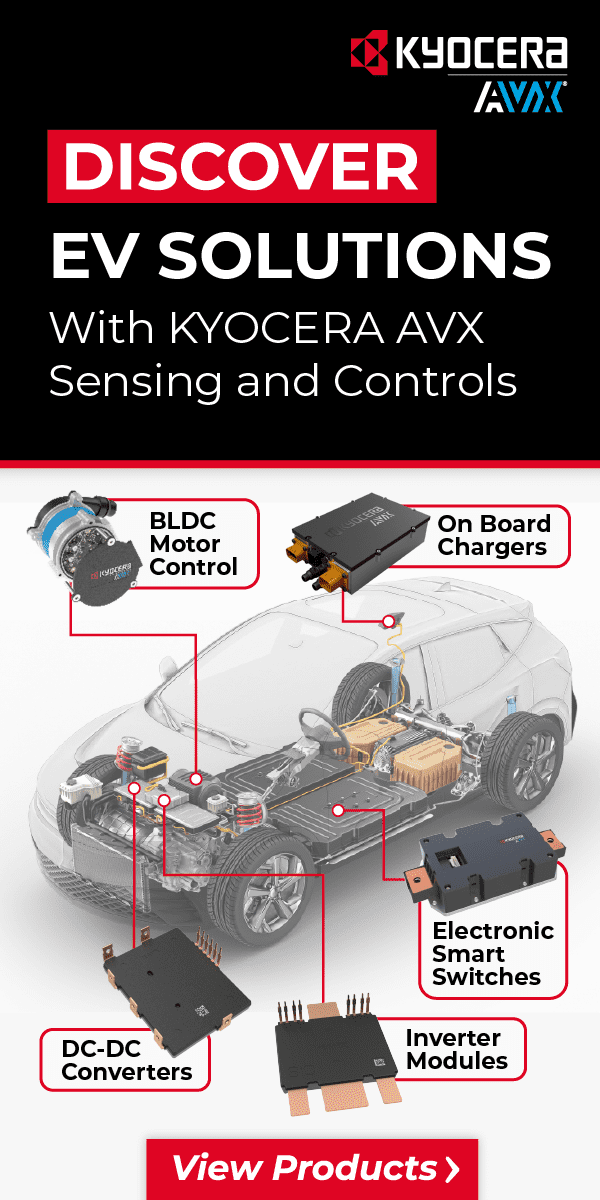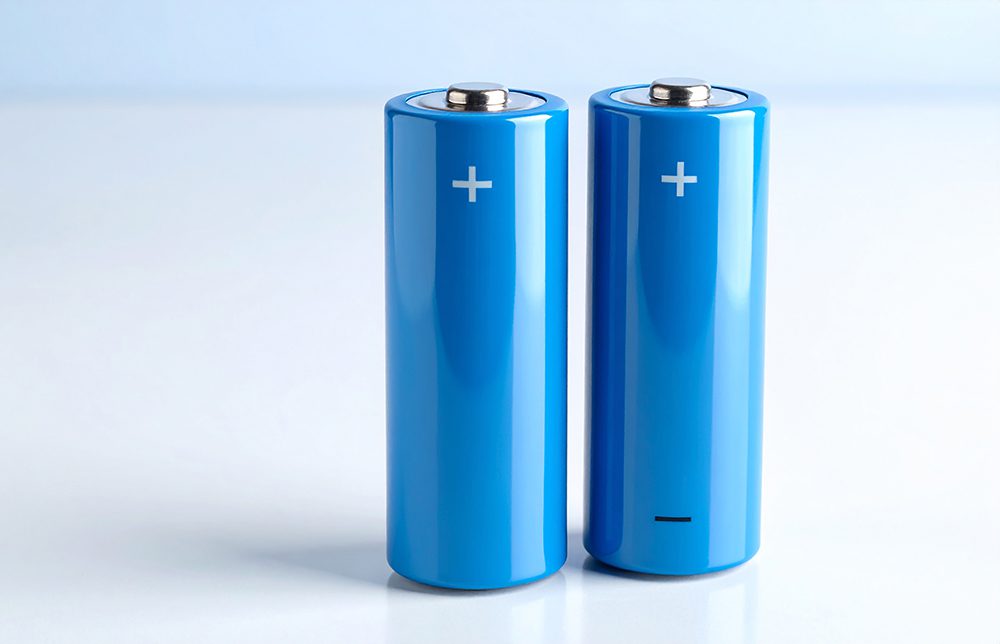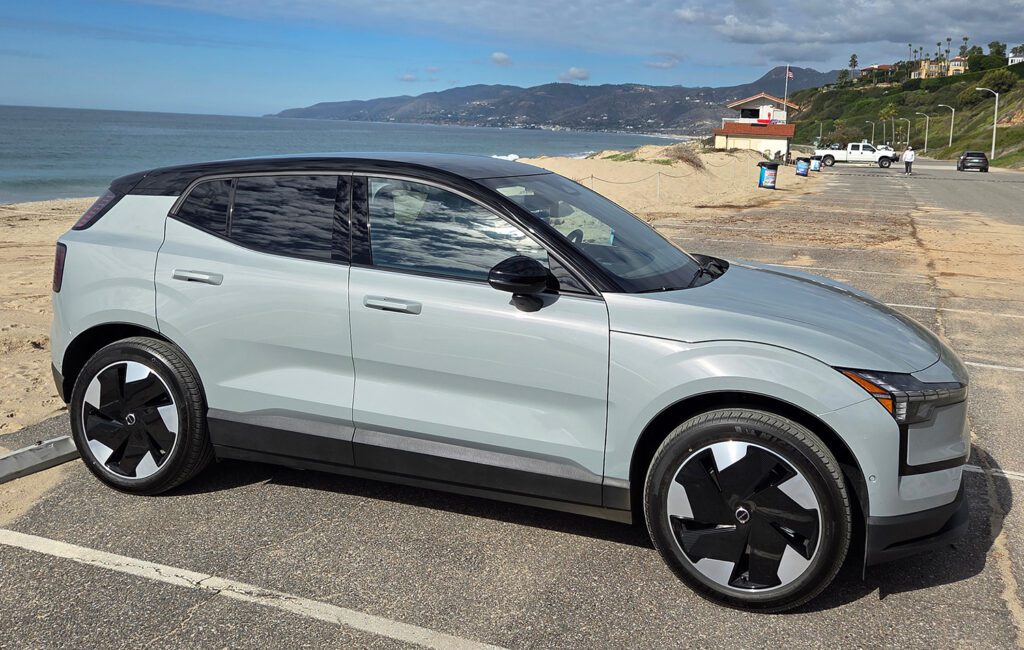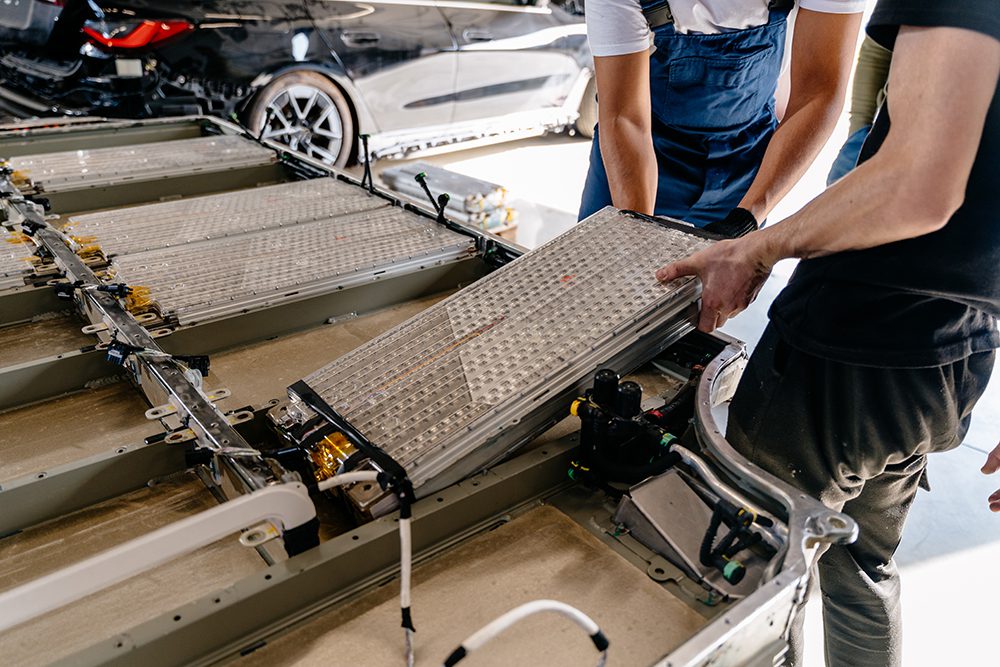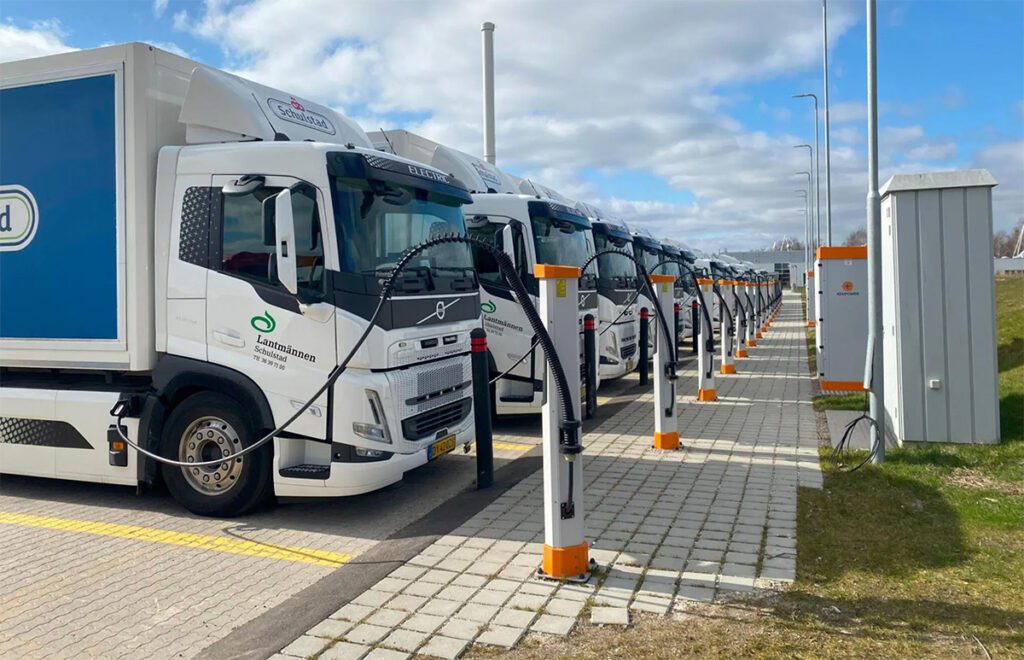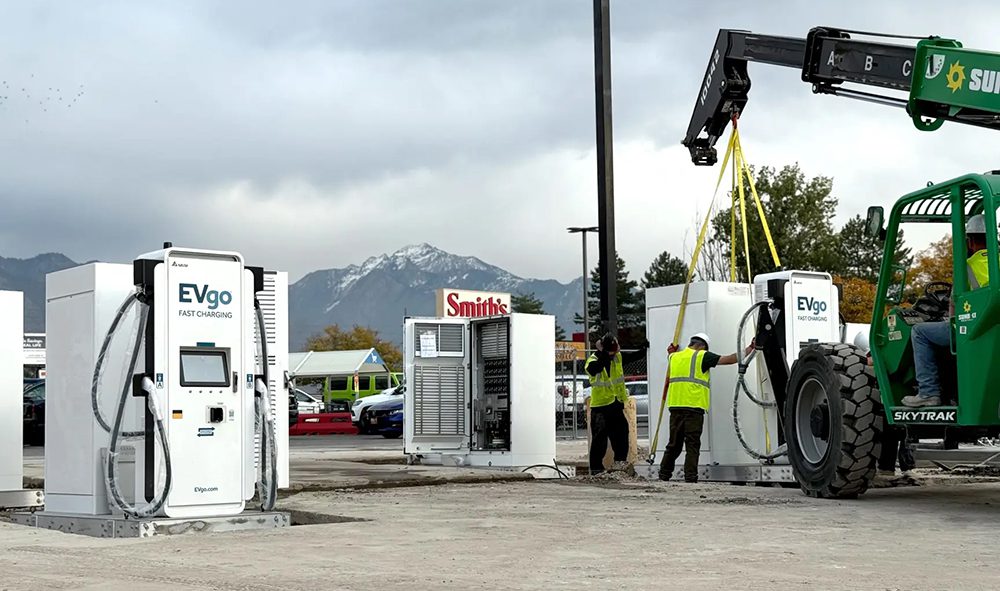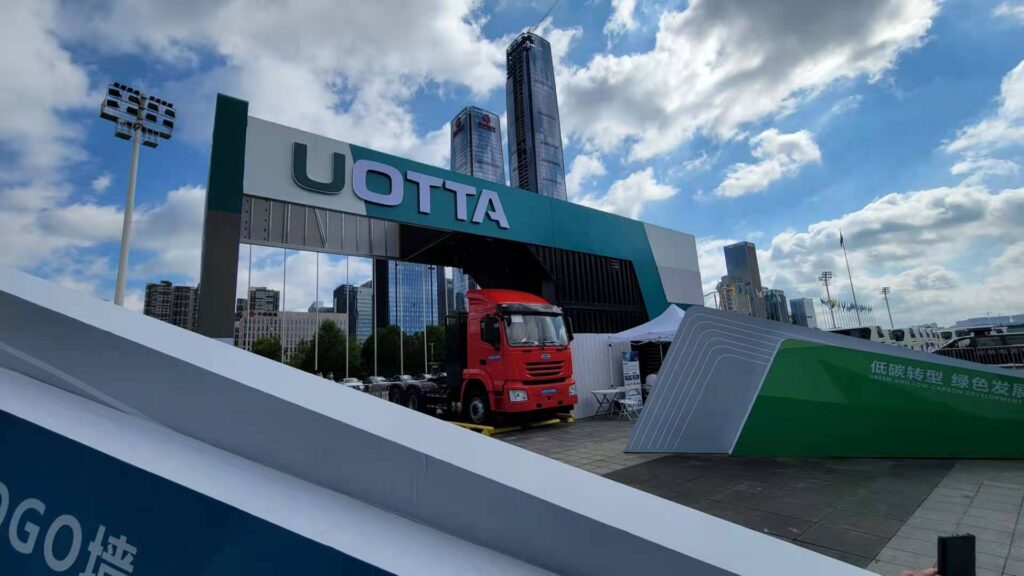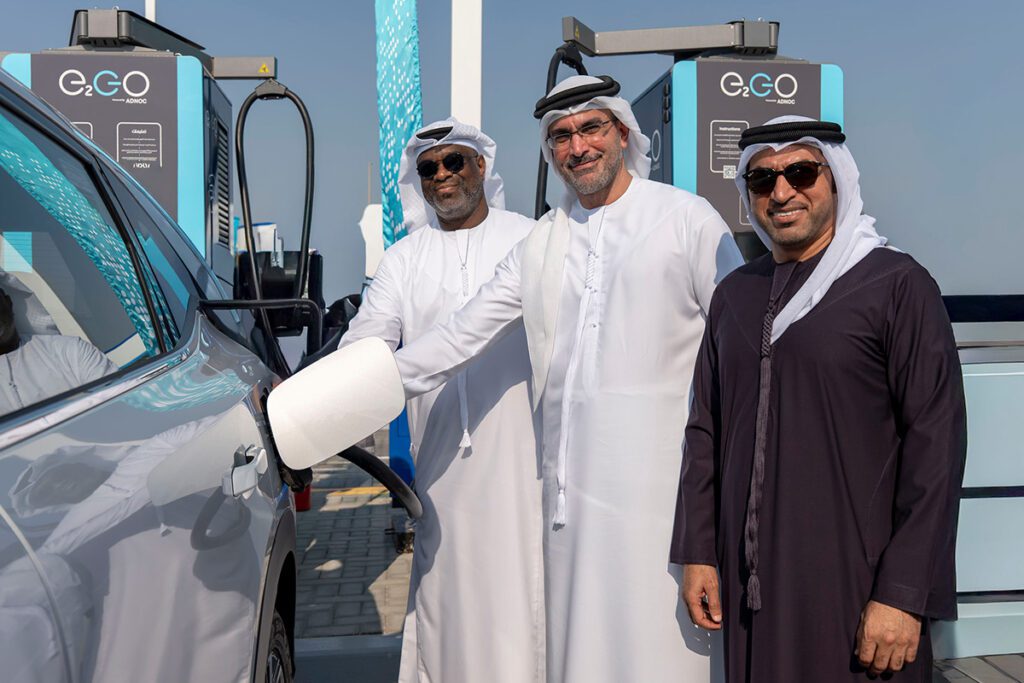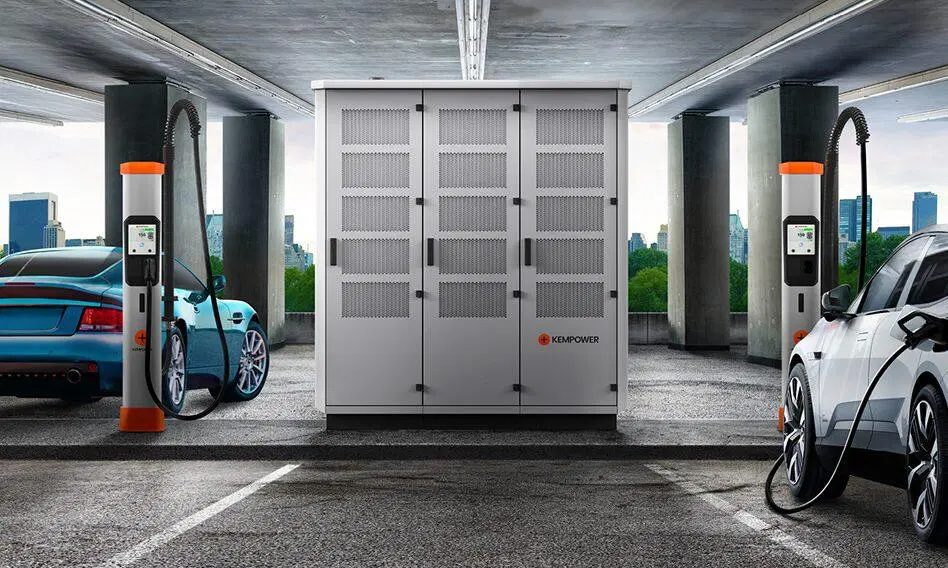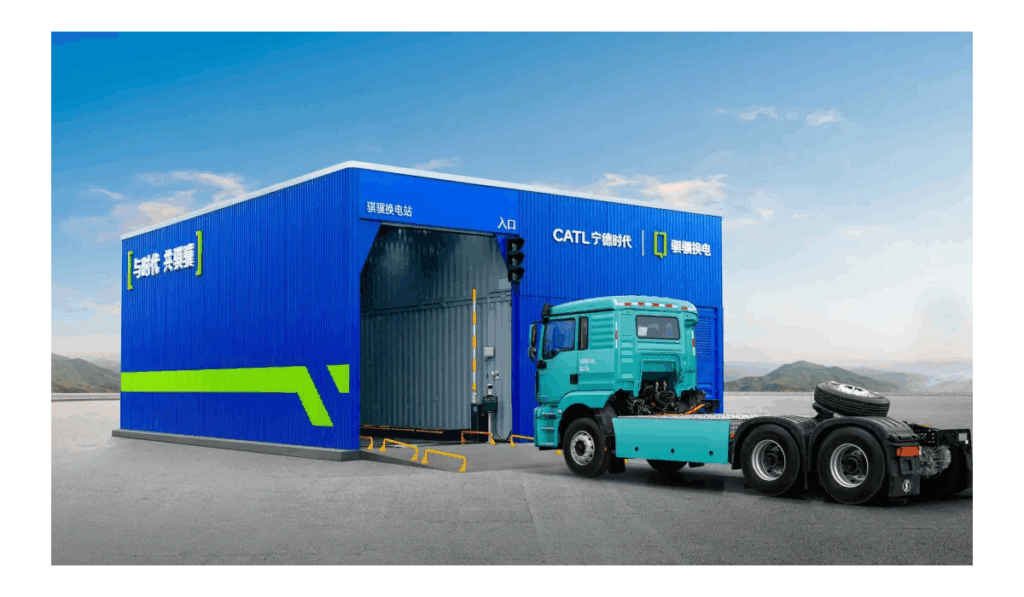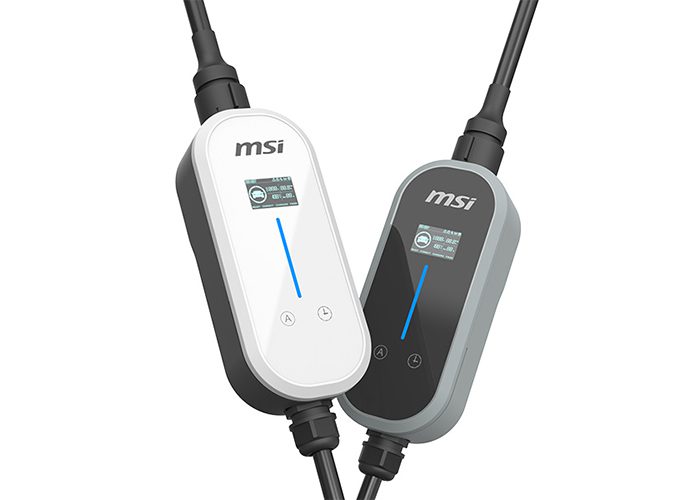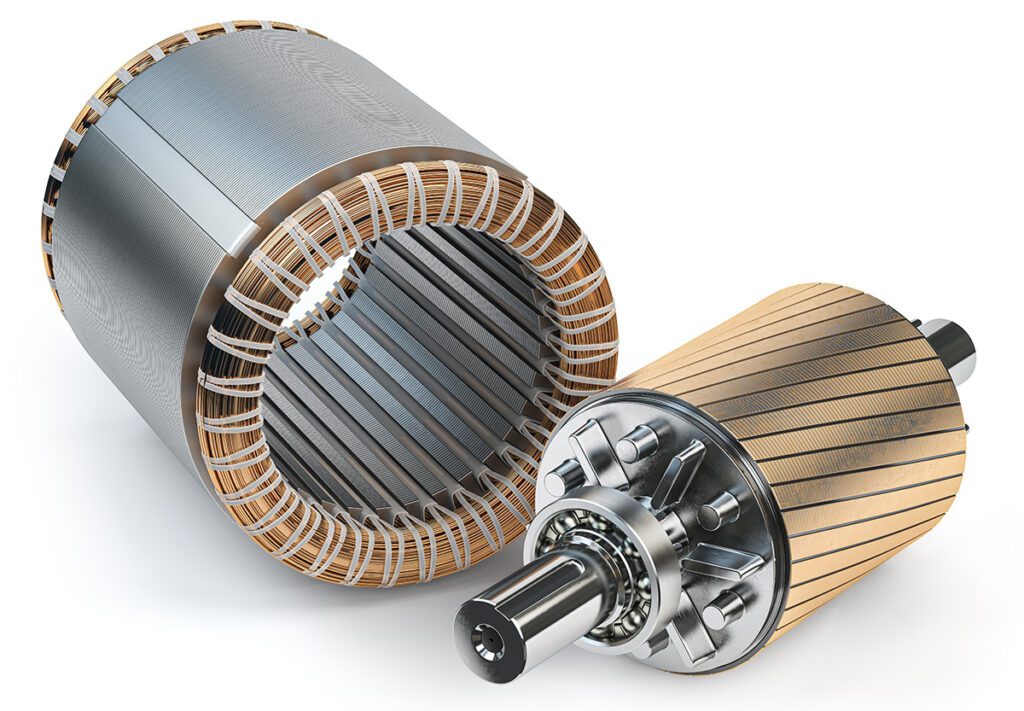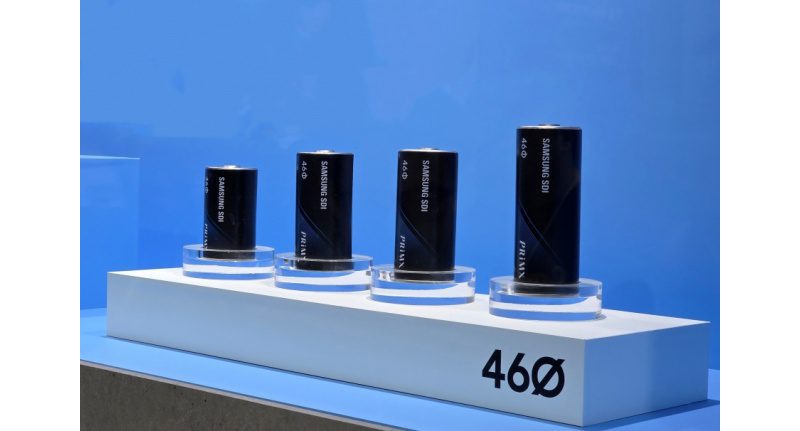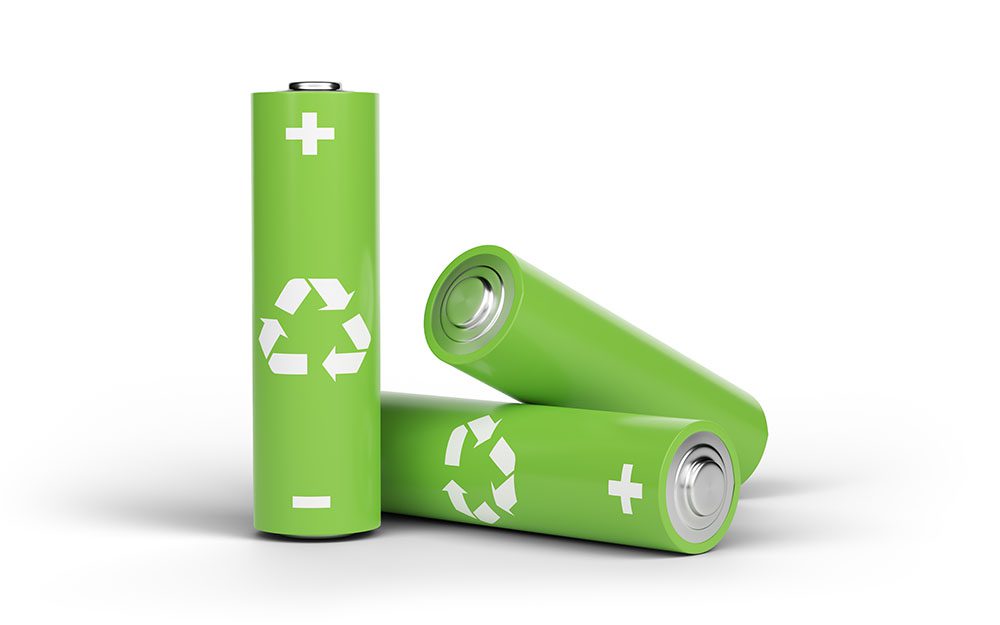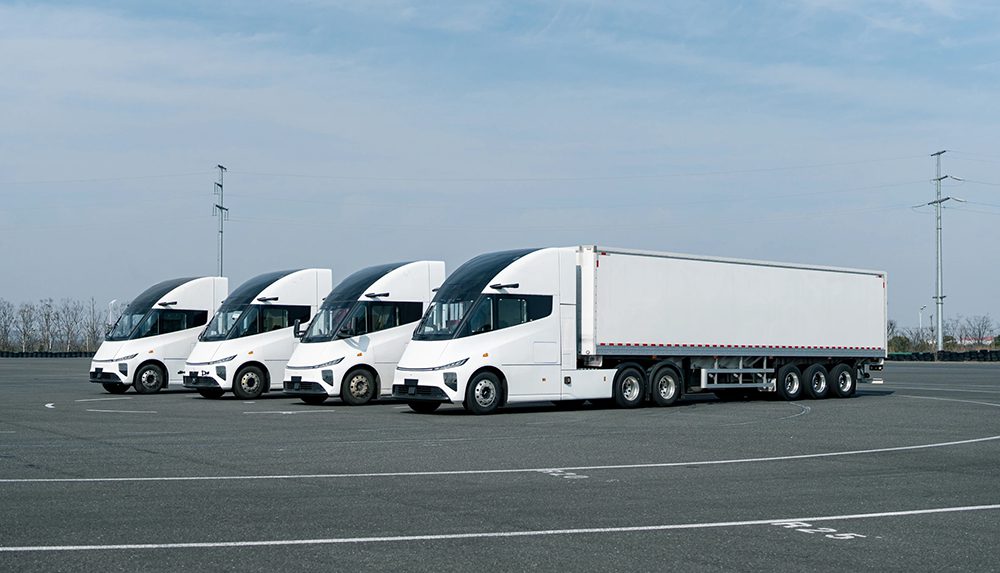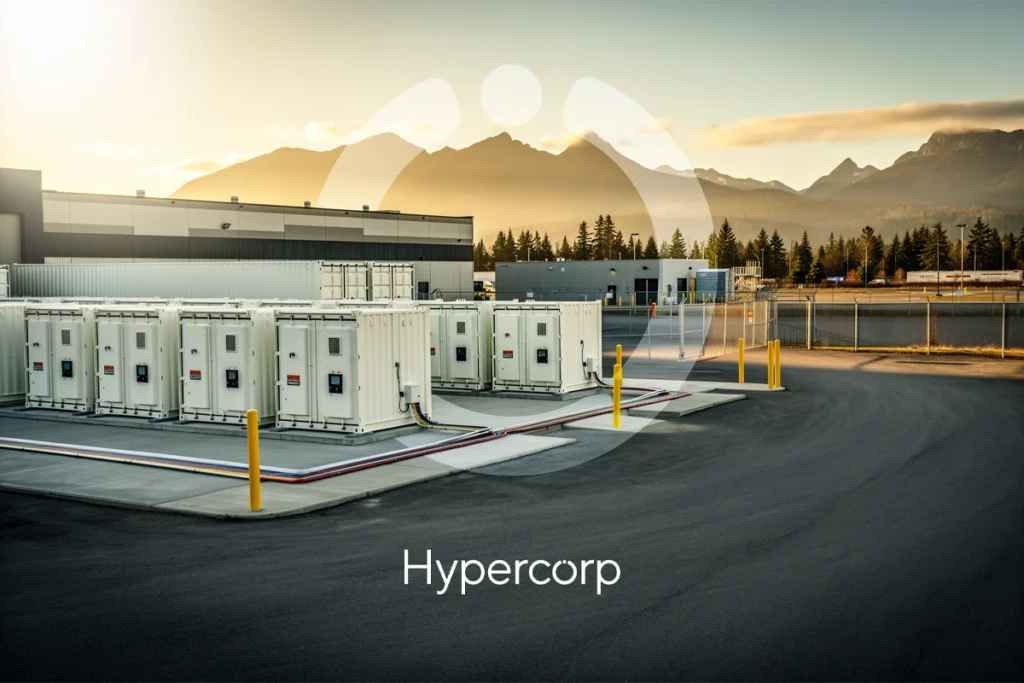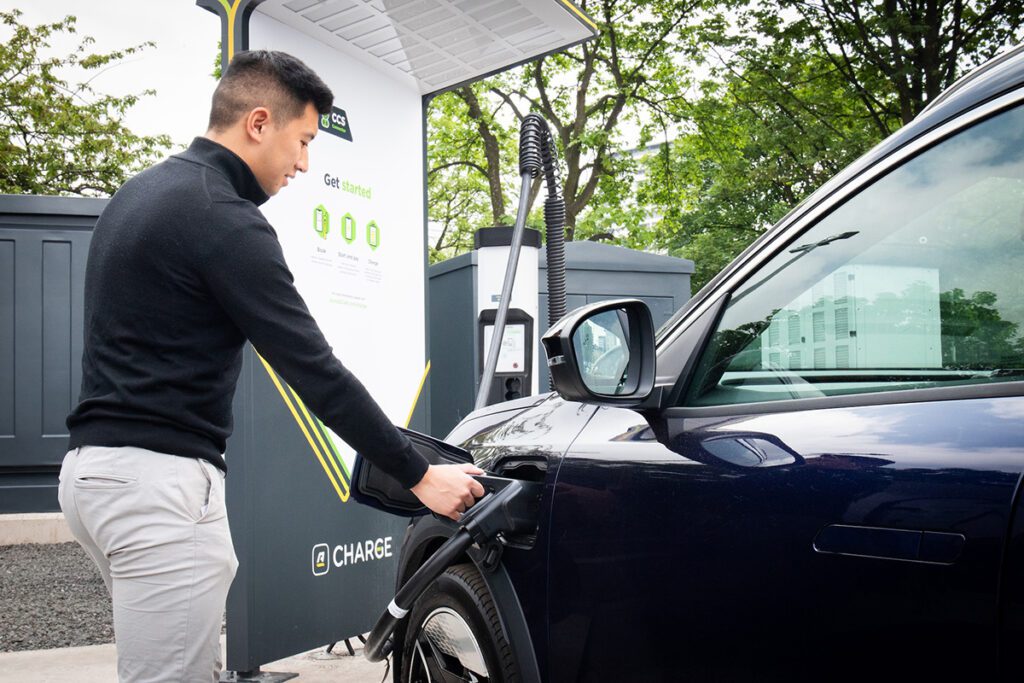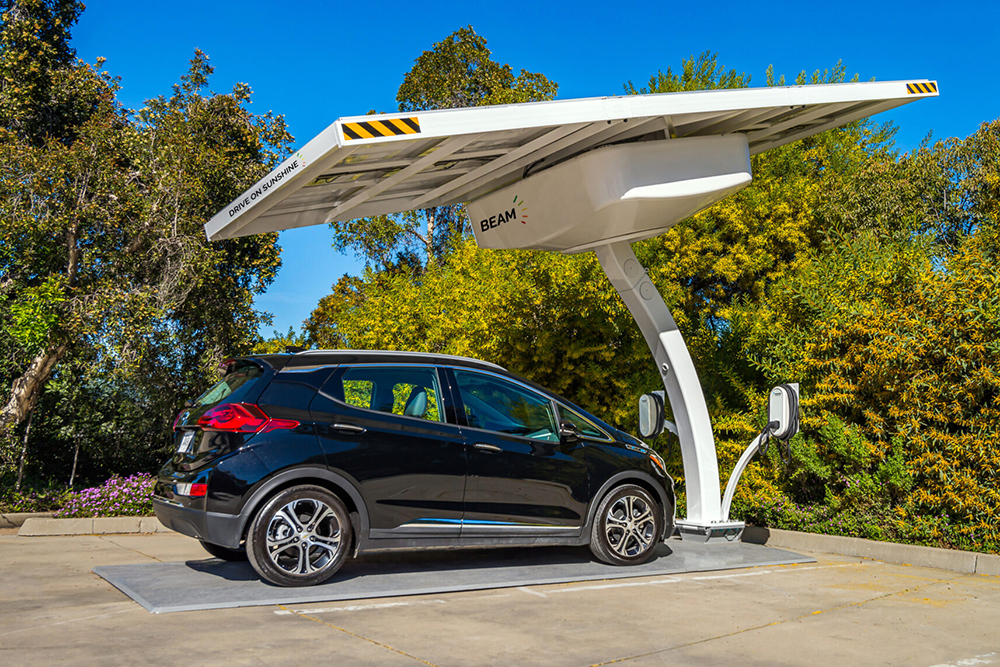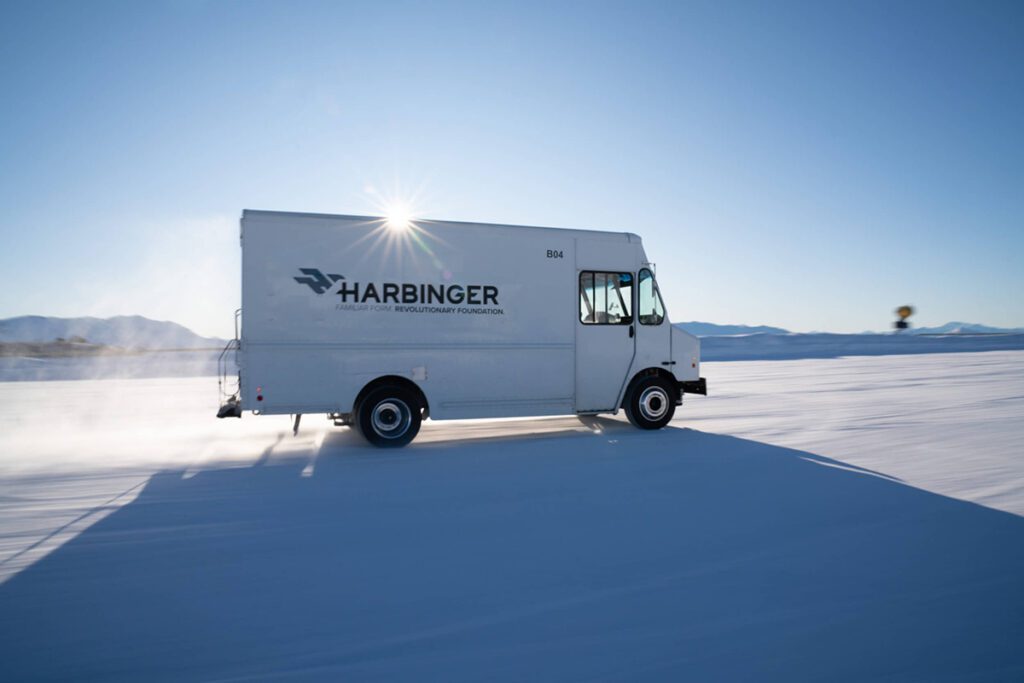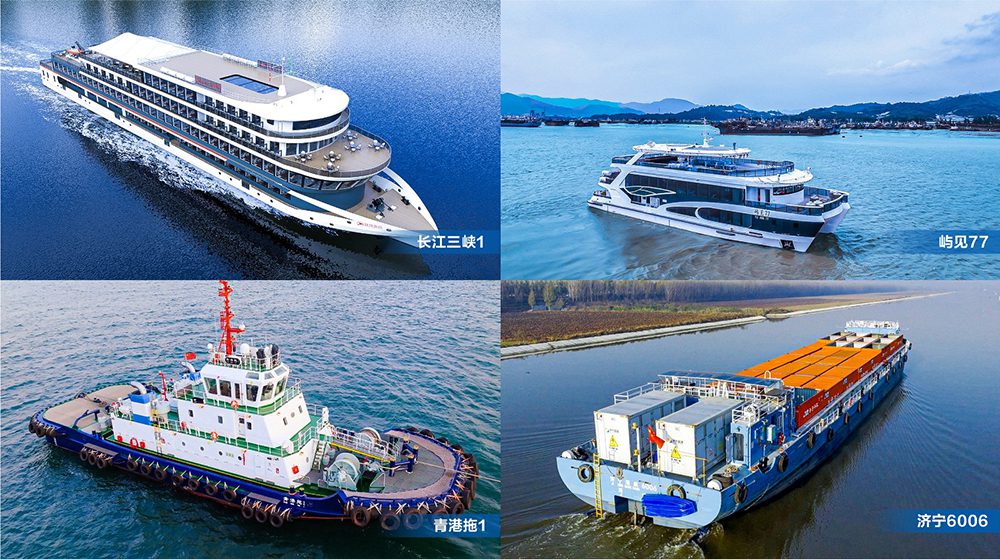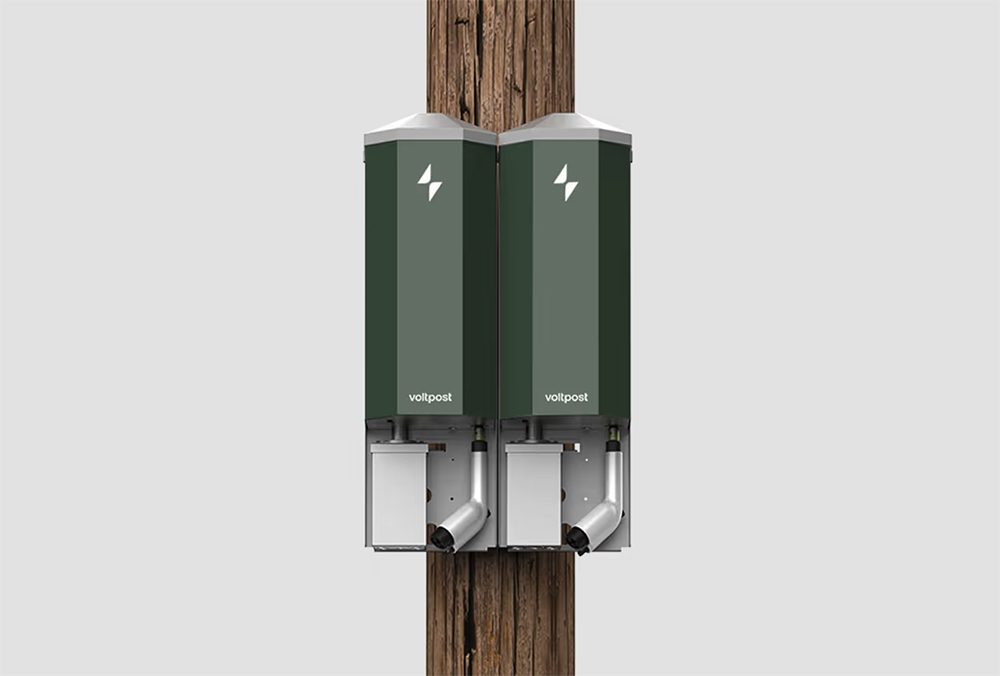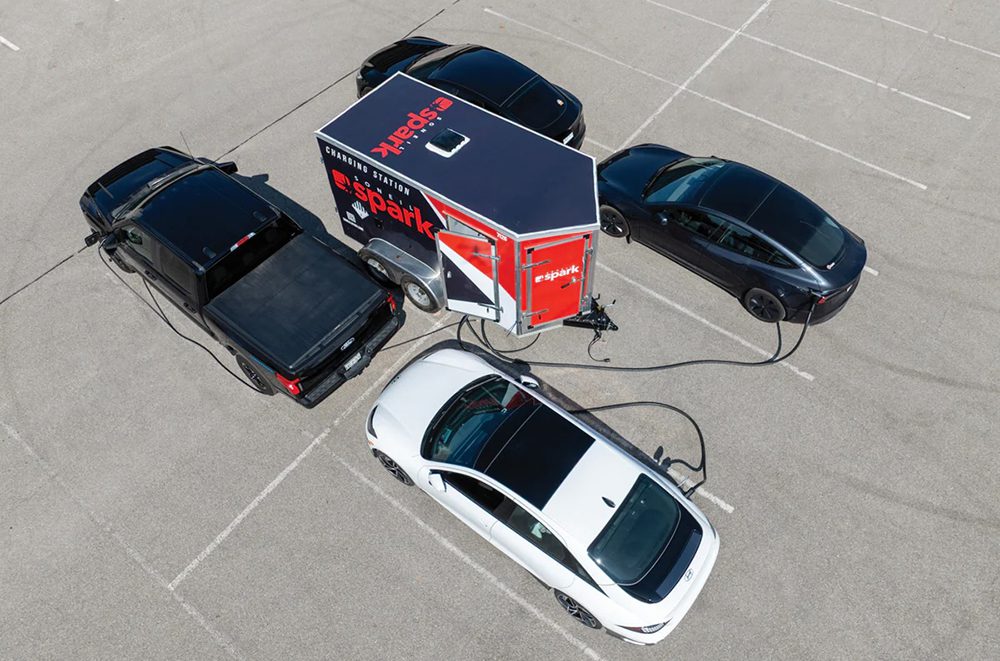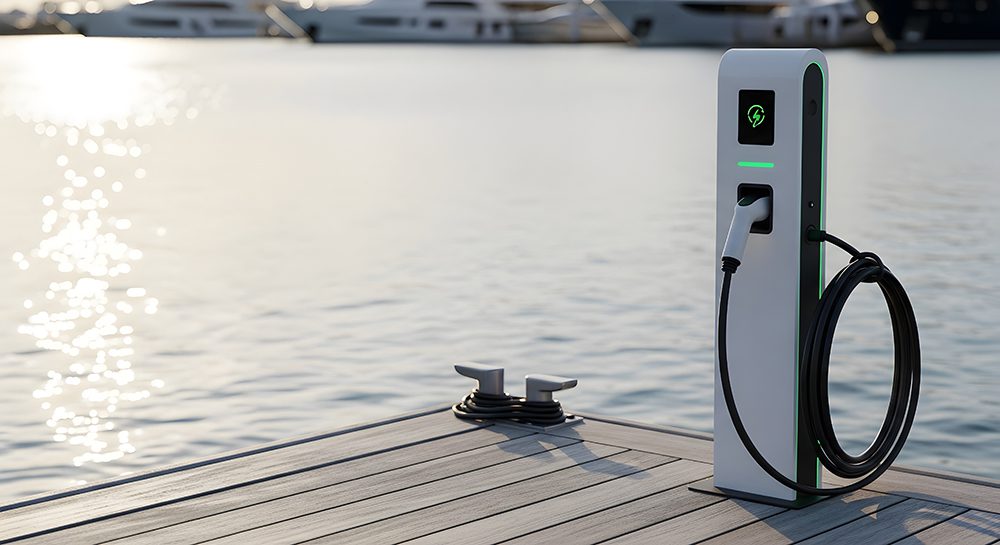The Swedish Energy Agency has awarded Volvo Group spinout PowerCell 7 million kronor ($964,000) to develop a fuel cell system for use in a modular range extender system for EVs.
PowerCell, together with its partners in the MoRE Zero consortium, will develop a scalable fuel cell system on the order of 20-25 kW, which will be demonstrated in three different types of EVs: a 3.5-ton truck provided by IDIADA; a 5-ton minibus or 10-ton small bus provided by Hexagon Studio; and an 18-ton heavy truck provided by E-Trucks Europe.
The modular range-extender system will comprise:
- a PEM-based fuel cell stack
- a peripheral system to condition and monitor the hydrogen and fuel cell stacks
- a scalable hydrogen storage system
- a modular DC/DC converter
PowerCell, which has been developing fuel cell technology for more than a decade, will launch its S2 platform as a commercial product by the end of 2014. S2 offers a power range of 5-25 kW, which covers a gap in the fuel cell market. According to the company, fuel cell stacks up to 20 kW are available from some manufacturers, but in the 10-30 kW range, there is more or less nothing available on the open market.
MORE: Fuel cells vs batteries for vehicle powertrains
“The fuel cell stacks that are made for these small power classes (<30 kW) are typically designed for stationary applications where packing volume and cost targets are not nearly as stringent as in the automotive industry”, said PowerCell CEO Magnus Henell. “These designs require a smaller initial investment cost than automotive fuel cell stacks, but will never be anywhere near as cost-effective at high volume. The PowerCell fuel cell stack is developed according to the standard for vehicles and for use in an automotive environment and a power range that is appropriate for the range extender application.”
Source: PowerCell via Green Car Congress







